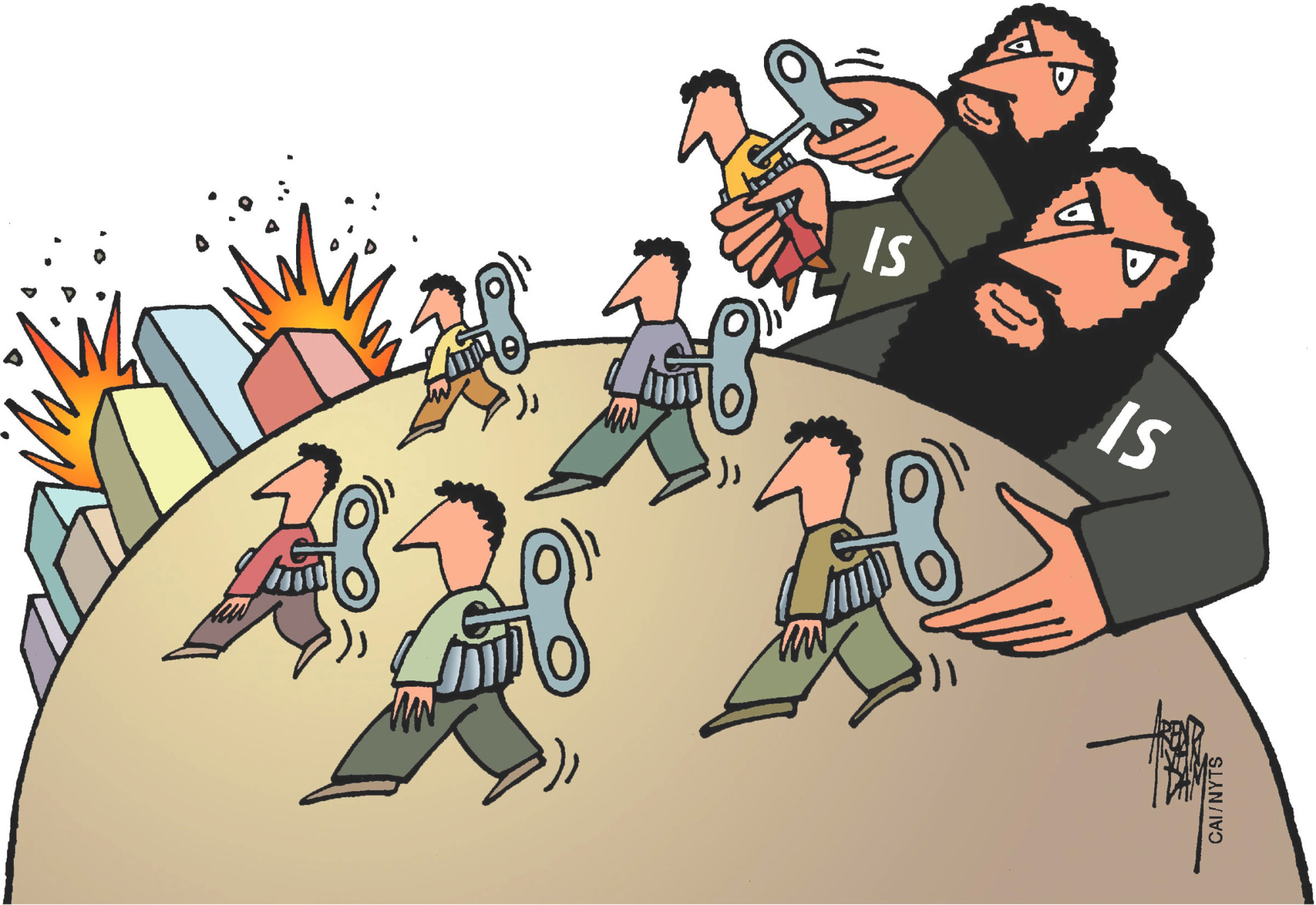The Easter Sunday bombings in Sri Lanka rank among the deadliest terrorist attacks in modern history and underscore the metastasizing scourge of Islamist violence in Asia. Radical Islamic groups, some affiliated with larger extremist networks, have been quietly gaining influence in an arc of countries extending from the Maldivian to the Philippine archipelagos and the threat they pose can no longer be ignored.
In fact, the grisly Sri Lankan bombings are a reminder that Asia — not the Middle East — is the region most afflicted by terrorist violence. Home to the vast majority of the world's Muslims, it is also host to multiple "terrorist safe havens," owing to the rise of grassroots radical movements and years of complacency on the part of policymakers.
With a total of 253 people dead (and hundreds more wounded), the Sri Lanka bombings were six times deadlier than the March 15 massacre by a white supremacist at two mosques in Christchurch, New Zealand. The death toll is nearly 100 more that of the 2008 Mumbai attacks, which involved 10 Pakistan-based militants in one of the modern world's longest-ever terrorist sieges.



